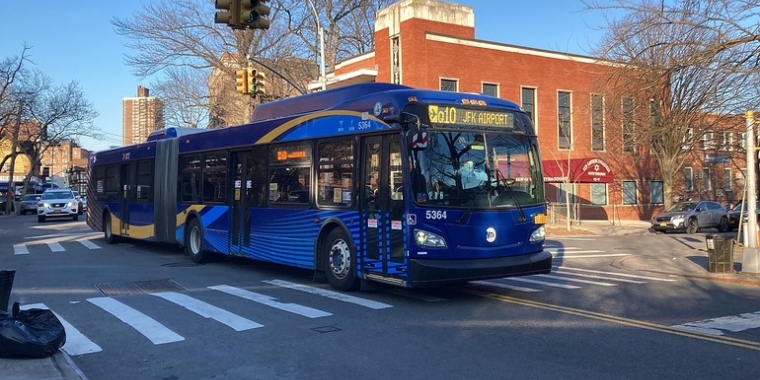
Sanders’ Asthma Research Bill Passes Senate
June 17, 2016

The New York State Senate yesterday unanimously passed, by a vote of 62-0, legislation introduced by State Senator James Sanders Jr. (D-Rochdale Village) which directs the New York State Department of Health to conduct a study on the incidences of asthma in cities having a population of one hundred thousand or more people (New York City, Buffalo, Rochester, Yonkers and Syracuse)
The bill (S3272A) further states that the study should be completed by September 30, 2018 and include a map of each city indicating incidents of asthma. The findings would be posted on the Health Department’s website. Asthma rates tend to be higher in urban areas with clusters in poorer neighborhoods. This research would pinpoint those areas.
“By conducting this study, we will gain a better understanding of the factors which play a role in the spread of asthma,” Sanders said. “Once we have this knowledge, we can more successfully identify measures which may curb the spread of this disease.”
Some 17.7 million adults and 6.3 million children living in the United States have asthma, and these numbers continue to rise every year, according to the Centers For Disease Control and Prevention. Those affected by this lifelong disease experience wheezing, breathlessness, chest tightness, and coughing. Attacks can be controlled with medication and avoiding asthma triggers.
Asthma takes both a physical and financial toll on the nation. It cost the United States $3,300 per person per year in medical expenses, according to the CDC. These total expenses increased from $48.6 billion in 2002 to $50.1 billion in 2007. About 2 in 5 (40%) of uninsured people and 1 in 9 (11%) insured people with asthma could not afford their prescription medications, the CDC states.
The study required by Sanders’ legislation would help reduce healthcare costs by collecting data that could be used for asthma prevention and treatment.



